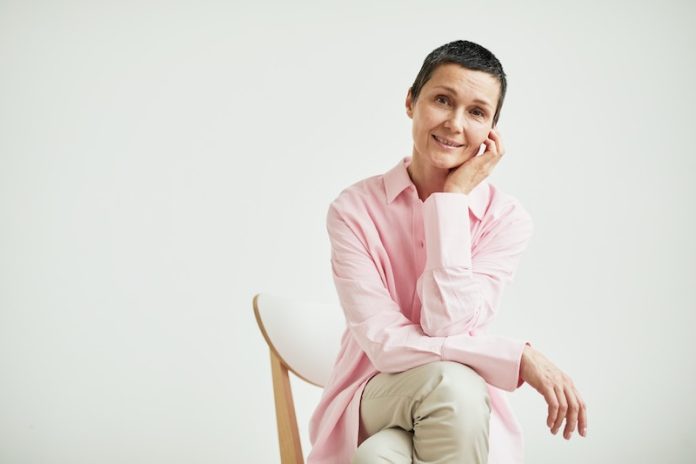
About one in every eight women will face breast cancer during their lifetime. Thanks to medical advancements, many of these women will beat this disease.
But what does life look like after winning the fight against breast cancer?
A team of scientists from the Moffitt Cancer Center and the National Institutes of Health (NIH) aimed to answer this question for the nearly 4 million breast cancer survivors in the US.
Their most recent findings showed that survivors seem to age faster than women who never had breast cancer.
“Breast cancer survivors often face a higher risk of other diseases that usually come with age, like heart disease.
They also tend to experience physical and mental health decline quicker than women who’ve never had breast cancer.
We were curious about the science behind this and wanted to investigate if certain cancer treatments have a bigger impact on survivors’ long-term health,” said Jacob Kresovich, a researcher at Moffitt.
Studying Sisters to Understand Survival
To explore this further, the scientists used information collected from a big project called the Sister Study.
This study, led by the National Institutes of Environmental Health Sciences (a part of NIH), focused on finding environmental and biological factors that could impact the risk of getting breast cancer or surviving it.
From 2003 to 2009, over 50,000 women aged 34 to 74 years old, each having a sister who had been diagnosed with breast cancer but not having had the disease themselves, joined the Sister Study. These women give yearly health updates.
At the beginning of the study, these women were asked to give a blood sample. Some of them were also asked to give another blood sample five to ten years later.
The scientists focused on a smaller group of these women who provided two blood samples. Of these, 190 women had been diagnosed with and treated for breast cancer between the time of their first and second blood sample.
Markers of Aging: What the Blood Revealed
The scientists looked at the blood samples using three measures of biological aging. These measures used changes to the DNA, which naturally occur as we get older, to estimate how fast someone is aging on a cellular level.
The results were interesting. Women who were treated for breast cancer between their first and second blood samples seemed to be aging faster than those who didn’t have breast cancer.
Differences based on race and the type of breast cancer the women had were small. However, the type of treatment they received seemed to matter.
“We considered three types of breast cancer treatments: hormone therapy, chemotherapy, and radiation therapy. We found that those who received radiation therapy seemed to age faster,” said Kresovich.
“We believe that this information will be valuable in figuring out the best ways to treat and care for breast cancer survivors.”
If you care about breast cancer, please read studies about stuff in sunscreen may play a role in breast cancer development, and when you eat your meals may help reduce breast cancer risk.
For more information about cancer prevention, please see recent studies about a vitamin that is particularly important for your cancer prevention, and results reveal that new drug shows promise against pancreatic cancer and breast cancer.
The study was published in the Journal of the National Cancer Institute.
Follow us on Twitter for more articles about this topic.
Copyright © 2023 Knowridge Science Report. All rights reserved.



